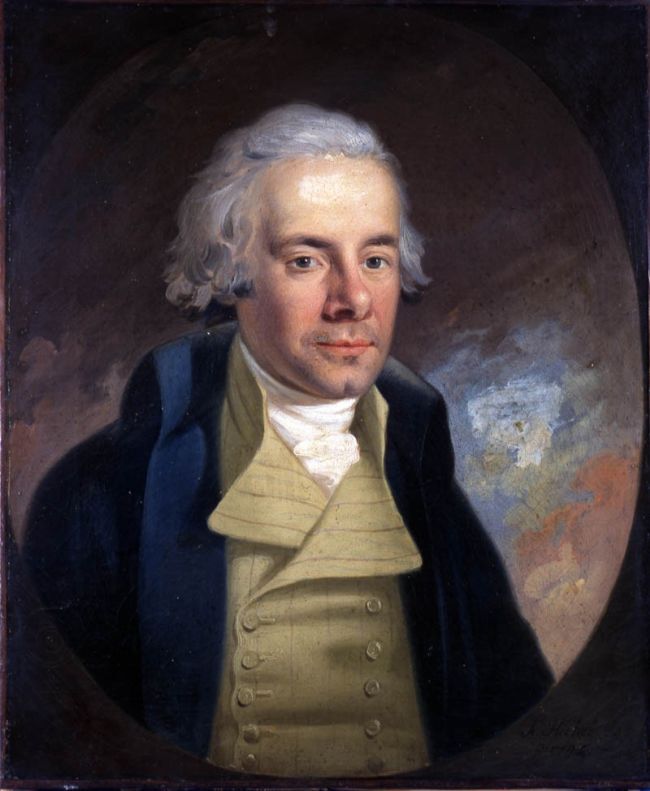The Abolition of the Slave Trade Act, a landmark legislation that passed through the British Parliament on March 25, 1807, marked a decisive moment in the global battles against the transatlantic slave trade. With this legislation, British ships lost their right to buy and sell enslaved people or transport human cargo, thus ending the cynical slave trade marketplace that had operated since colonial times.
The Fight for Abolition
The transatlantic slave trade was a horrific industrial operation during the late 18th century, through which millions of African people were forcibly taken from their homelands and sold into slavery. British maritime vessels operated as central facilitators within this Atlantic slave exchange because they transported enslaved populations to the Caribbean and American colonies.
The fight against the slave trade was led by courageous and determined leaders such as William Wilberforce, Olaudah Equiano, and Thomas Clarkson. Their relentless efforts, along with the growing abolitionist movement, gradually shifted the public’s perspective on slavery. The abolitionists’ revelations about the harrowing experiences of captive people on slave ships and their brutal treatment while enslaved played a crucial role in this transformation.
A Landmark Decision
After years of continuous advocacy, the Parliament passed the Abolition of the Slave Trade Act on March 25, 1807. Although the law failed to abolish slavery outright, it prohibited the British Empire from operating in the market of enslaved people. The punishment for participating in slave trade activity led to significant monetary penalties. The British Royal Navy, with its powerful fleet, received the responsibility of enforcing the ban by searching the seas to capture illegal slave ships, thereby significantly disrupting the transatlantic slave trade.
A Step Toward Justice
March 25, 1807, was a key moment in the fight for human rights. While the abolition of the slave trade was a crucial step, it did not mark the end of the struggle for justice and freedom. It serves as a reminder of the ongoing fight against oppression and the power of activism.

